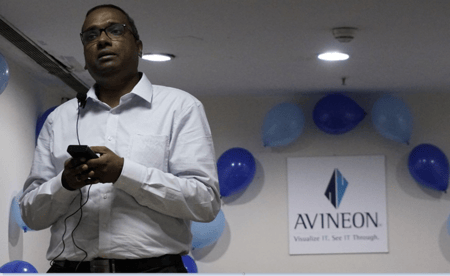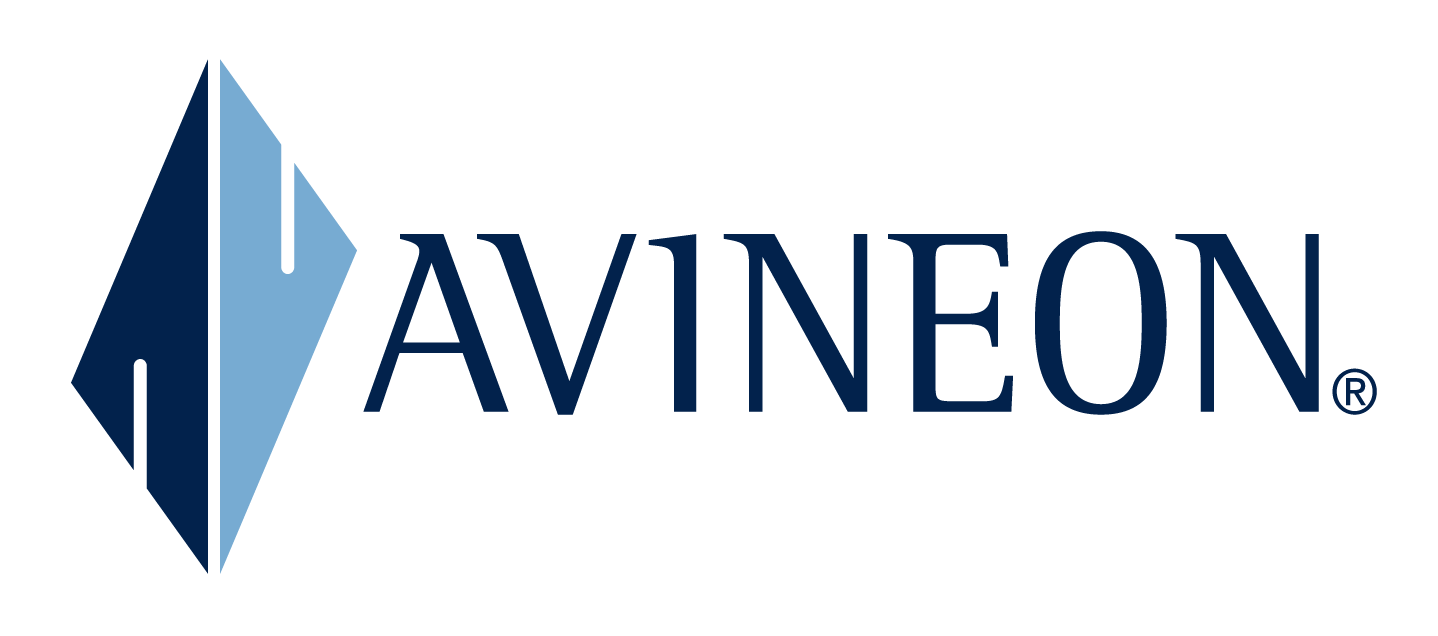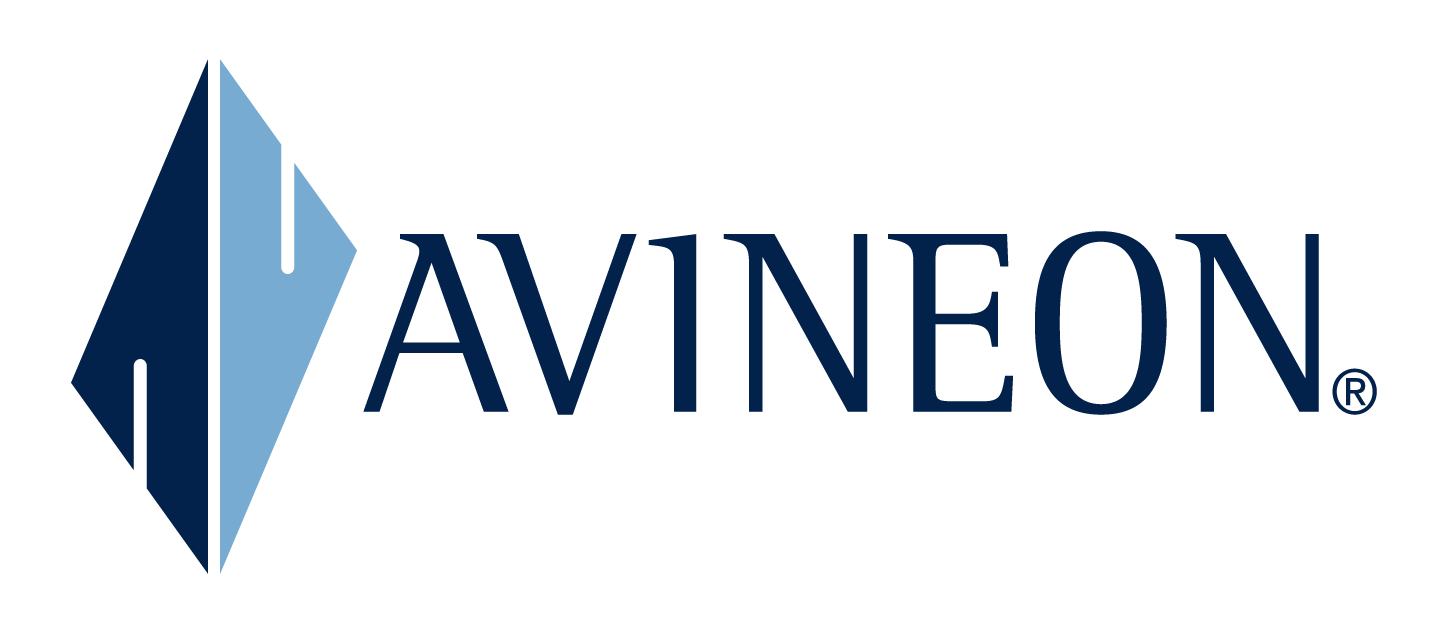Over the past year, we’ve navigated an extraordinary time as COVID-19 impacted every facet of our lives - both personal and professional. During the first wave, we adapted to the “new normal,” with entire nations in lockdown and uncertainty looming large. Technology became our greatest ally, enabling business continuity in ways we had never imagined. Organizations found new ways to survive and sustain, often requiring leaders to make difficult decisions in the face of risk and ambiguity.
Just as we began to regain a sense of normalcy with declining case numbers, the second wave struck - more intense and devastating. It was heartbreaking to witness so many lives lost and families affected. At Avineon, we responded by establishing a 24/7 emergency task force to support our employees and their families. We also partnered with NGOs to extend help to the broader community. Today, with the nationwide vaccination drive well underway, there is renewed hope - and a cautious optimism that we are on the path back to “business as usual.”

"One thing is certain: adopting technology, embracing digital collaboration, leveraging analytics and automation, and continuing to innovate are no longer optional - they are essential to business survival and growth. But even more critically, leaders must focus on building resilience into their organizations’ operations and workflows."
My journey of over two decades with Avineon has been a tremendous learning experience - shaped by challenges, opportunities, and continuous transformation. I've witnessed firsthand the impact of innovation and technology in keeping organizations competitive and agile. From the rise of telecom and cloud computing to the evolution of AI, Machine Learning, IoT, and Digital Twins, the last two decades have redefined the way we work and deliver value.
 These advancements have made it possible for organizations to operate collaboratively, digitally, and remotely. We can now acquire, store, and analyze vast amounts of structured and unstructured data, enabling professionals to make real-time, insight-driven decisions like never before.
These advancements have made it possible for organizations to operate collaboratively, digitally, and remotely. We can now acquire, store, and analyze vast amounts of structured and unstructured data, enabling professionals to make real-time, insight-driven decisions like never before.
The COVID-19 pandemic pushed organizations to accelerate transformation. I believe every organization has evolved in some way, and behind each transformation are the leaders who made it happen. Reflecting on my years at Avineon, leading the APAC business operations, I’ve come to appreciate that major disruptions - whether it was the dot-com crash in the late ’90s, the global financial crisis in 2008, or the recent pandemic - consistently test the foundational principles of leadership.
Through each of these crises, I’ve learned the vital importance of fostering a sense of belonging, ownership, and trust. These qualities help teams come together, understand challenges, collaborate on solutions, and navigate change with confidence. At Avineon, I’ve seen how strong team cohesion, mutual respect, and shared purpose help dismantle even the most daunting obstacles. But this culture of trust and collaboration doesn’t emerge overnight. It must be nurtured every day - by leaders who listen, empathize, support growth, and guide their teams. By creating an environment where employees can speak openly, pursue their career goals, and continuously learn, we lay the foundation for resilience long before any crisis arrives.
 Front-line leaders play a pivotal role. They keep teams motivated, connected, and committed. While I may make strategic decisions as part of the executive team, the true drivers of transformation are our front-line leaders. With each hurdle we’ve overcome, our teams have grown stronger - and more confident in facing whatever comes next. Interestingly, crises often force the kind of bold changes we would hesitate to make during normal times. Prior to COVID-19, remote work at scale was viewed as too risky, despite the technical capability being well within reach. The pandemic shattered that assumption. It proved that with the right tools and trust, employees can deliver results from anywhere - and the technology needed can reach even the most remote locations.
Front-line leaders play a pivotal role. They keep teams motivated, connected, and committed. While I may make strategic decisions as part of the executive team, the true drivers of transformation are our front-line leaders. With each hurdle we’ve overcome, our teams have grown stronger - and more confident in facing whatever comes next. Interestingly, crises often force the kind of bold changes we would hesitate to make during normal times. Prior to COVID-19, remote work at scale was viewed as too risky, despite the technical capability being well within reach. The pandemic shattered that assumption. It proved that with the right tools and trust, employees can deliver results from anywhere - and the technology needed can reach even the most remote locations.
One of the most striking examples of adaptability was how India’s broadband industry pivoted from prioritizing commercial customers to supporting residential users. It’s a testament to human ingenuity and determination. Even in the most difficult circumstances, people came together, adapted, and kept businesses moving. Today, many organizations are far better equipped to transition to a fully remote model within 24 hours. That’s a profound transformation - born out of crisis - that will shape how we work in the years ahead.

As we move forward, the ability to switch seamlessly between office and remote work, scale operations up or down, be globally connected yet locally relevant, stay agile while growing, and continually innovate will define the most resilient and successful organizations.
Technology, collaboration, and innovation will always matter - but it is resilient leadership, built on empathy, trust, and a sense of shared purpose, that will sustain and elevate businesses through whatever challenges lie ahead.



